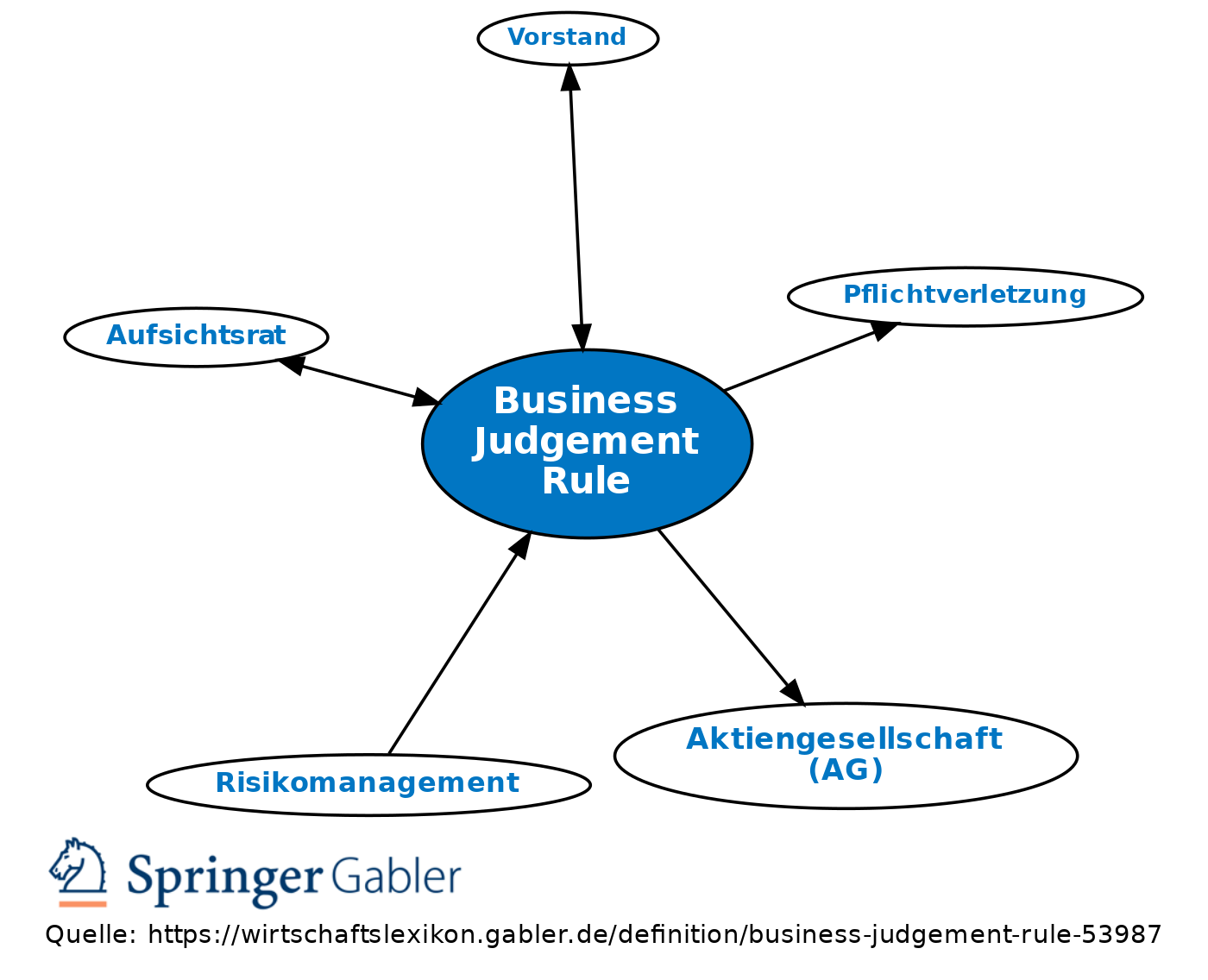
Thus, when performing their managerial duties, the directors of German companies must gather all the necessary documentation in order to avoid potential claims for any damages that may eventually arise from their business decisions. In the event of a dispute, directors shall prove that their decision was based on the requirements established in the safe harbour in order to be able to benefit from the protection of the rule. In mainland Europe, German lawmakers were among the first to introduce this doctrine, although shaping it as a safe harbour. The burden is on the party challenging the decision to establish facts rebutting the presumption.Ĭonsequently, directors are immune from liability for decisions that may end up being harmful to the company as long as they meet certain requirements in the decision-making process. Absent an abuse of discretion, that judgement will be respected by the courts. The business judgement rule is a presumption that in making a business decision, the directors of a corporation acted on an informed basis, in good faith, and in the honest belief that the action taken was in the best interests of the company.
.jpg)
1984), Delaware courts produced one of the most frequently cited interpretation of the business judgement rule in US jurisprudence:

The business judgement rule has its origins in eighteenth-century English court decisions and was later developed in the US, especially by the courts of the State of Delaware. The origin of the business judgement rule


 0 kommentar(er)
0 kommentar(er)
